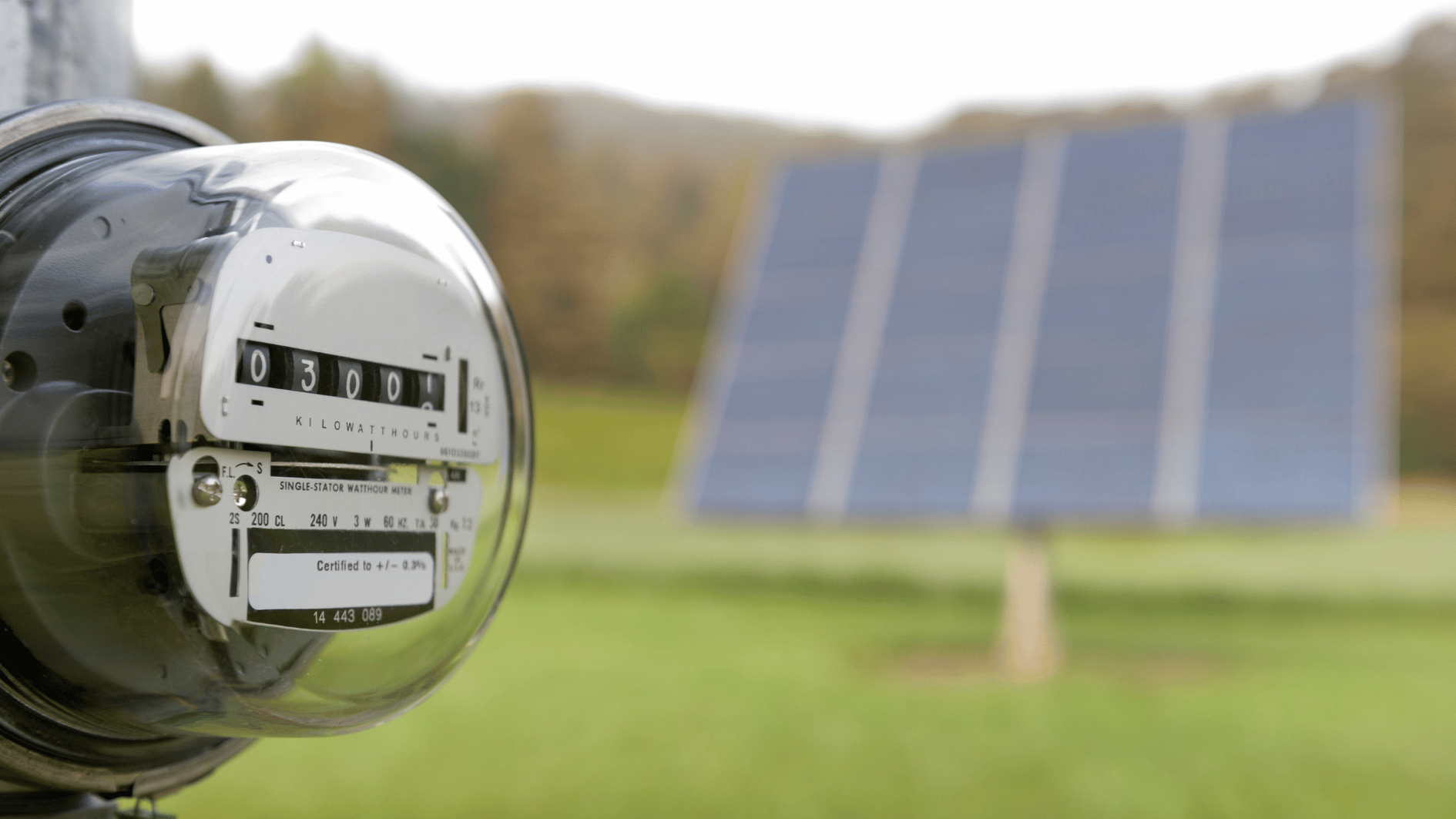Image source: Canva.com
Illinois may not be the sunniest state in the country, but its excellent incentives make solar panels a worthwhile investment for nearly everyone in the Prairie State.
When you add the federal solar tax credit, Illinoisians can reduce the cost of solar by thousands of dollars, speeding up the payback period and increasing the value of the investment.
Here’s what you need to know about going solar in Illinois.
Key Solar Rebates and Incentives in Illinois
Incentives help significantly reduce the cost of solar in Illinois. Here are the key ones to know about:
Formerly known as the federal investment tax credit (ITC), can save you an average of $10,673 by lowering your solar panel system’s cost by 30%.
The Illinois Shines Program
Provides a one-time payment of around $7,000 for every megawatt-hour (MWh) your solar panel system is expected to produce over 15 years.
The Illinois Solar for All Program
Varies significantly by project but requires no up-front cost for lower-income solar customers and ensures you won’t pay more than half the value you receive from your solar energy system each month.
The Smart Inverter or Distributed Generation Rebate
Offers an upfront rebate worth $300 per kilowatt (kW) of solar or $300 per kilowatt-hour (kWh) of storage installed, amounting to approximately $1,500 in savings.
The Illinois Solar Property Tax Exemption
This means you won’t need to pay tax on the value your solar panels add to your property, saving you an average of 1.73% of your system’s value annually.
Is Net Metering Available in Illinois?
Yes, net metering is available in Illinois. In some states, net metering allows you to earn bill credits from your utility company when your solar panel system generates excess electricity and sends it to the grid. This solar buyback program can significantly reduce or even eliminate your electric bills with solar panels.
ComEd, Ameren, and MidAmerican currently offer favorable net metering programs. However, Illinois is transitioning away from net metering in 2025. To take advantage of the current net metering policy, you need to submit your interconnection application before January 1, 2025. This is one of the best ways to maximize the value of your solar panel system.

Net Metering Changes in Illinois for 2025
Options for Financing Your Solar Panel System
Here are a few ways to finance your solar panel system so you don’t have to provide all the money upfront:
Cash Purchase
You’ll own the system outright and pay for it upfront, offering the best long-term savings.
Allows you to retain ownership of your system with little to no money down. Look for subsidized clean energy loans through local incentive programs for the best rates. Home equity loans or personal loans are alternatives, though private solar loans may come with higher interest rates or upfront fees.
A third-party company owns the system and either leases you the panels (solar lease) or sells you the electricity they generate (PPA). These options typically offer lower savings and can involve lengthy contracts. Be sure to carefully review the terms before committing to avoid potential drawbacks.
Navigating the Solar Interconnection Process
In Illinois, the solar interconnection process is overseen by the Illinois Commerce Commission (ICC) and implemented by individual utility companies. The state has standardized interconnection procedures for systems up to 10 MW, with four levels of review based on system size and complexity. The process allows solar panel owners to connect their systems to the electric grid, enabling net metering and the exchange of energy with the grid.
Step-by-Step Guide
Step 1: Application Filing
Your solar installer handles the interconnection application, which includes a signed contract, system description, design details, and product specifications.
Step 2: Permit Acquisition
Securing permits is typically the lengthiest part. Requirements vary by location, so the timeline can vary greatly – from one to six weeks – before installation can commence.
Step 3: System Installation
Once permits are in hand, installation begins. This is surprisingly the quickest step, typically taking only 6 hours for residential setups and up to 3 days for more complex installations.
Step 4: Meter Setup
After installation, your installer arranges for the installation of new electricity meters required for net metering participation.
Step 5: System Testing
Before activation, rigorous testing and inspection of the solar panels are conducted to comply with New York State’s testing protocols.
Step 6: Final Approval
Upon successful testing, your installer notifies the completion, and you receive written acceptance within five business days. Your solar panels are now ready to generate clean, renewable energy for your home!
Important Notes for Illinois
- Illinois has specific timelines for utilities to respond to interconnection requests, which vary by review level.
- Community solar projects are also available in Illinois, which may have a slightly different interconnection process.
The timeline for this process can vary, typically ranging from a few weeks for small systems to several months for larger installations, depending on factors such as the review level, utility workload, and how quickly you complete each step.
Is Solar Worth It In Illinois?
Given the high upfront costs of solar power systems, it’s natural to wonder if they are worth the investment. In Illinois, installing solar panels can be highly beneficial due to several factors:

Energy Efficiency
The cost of electricity in Illinois is an essential factor to consider when deciding to install a solar system. If you have high electricity rates, installing a solar system can help offset those costs and provide long-term savings on your electricity bills.

Solar Incentives
Illinois offers a variety of incentives to encourage the adoption of solar energy, including tax credits, grants, and rebates. Researching and understanding these incentives can significantly offset the upfront costs of installing a solar system.

Environmental Benefits
For those looking to reduce greenhouse gas emissions and dependence on fossil fuels, installing solar panels in Illinois can be a great option. Solar energy is clean and renewable, helping to make your home more environmentally sustainable.
With these factors in mind, residents of Illinois can certainly find value in installing solar panels, enjoying both economic and environmental benefits.





